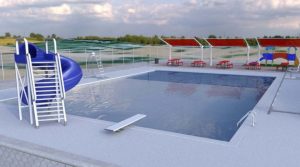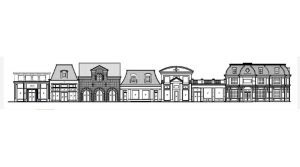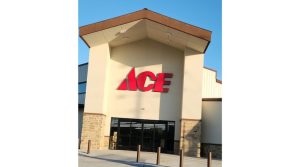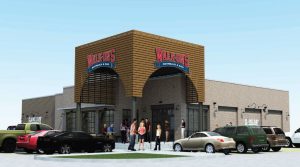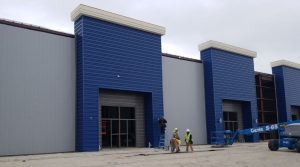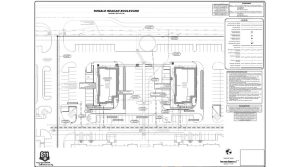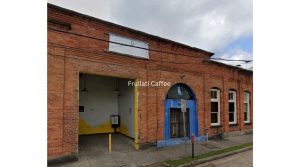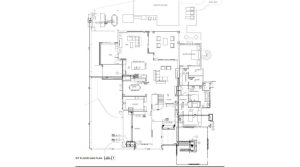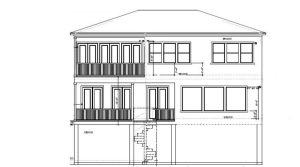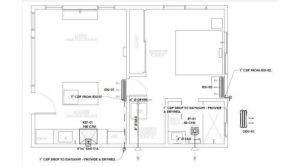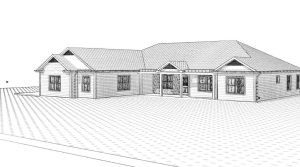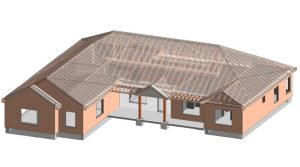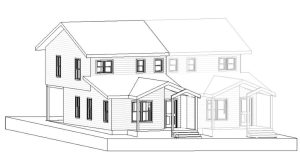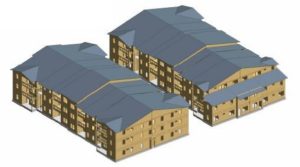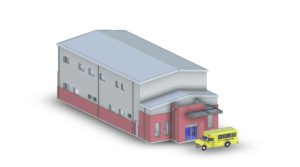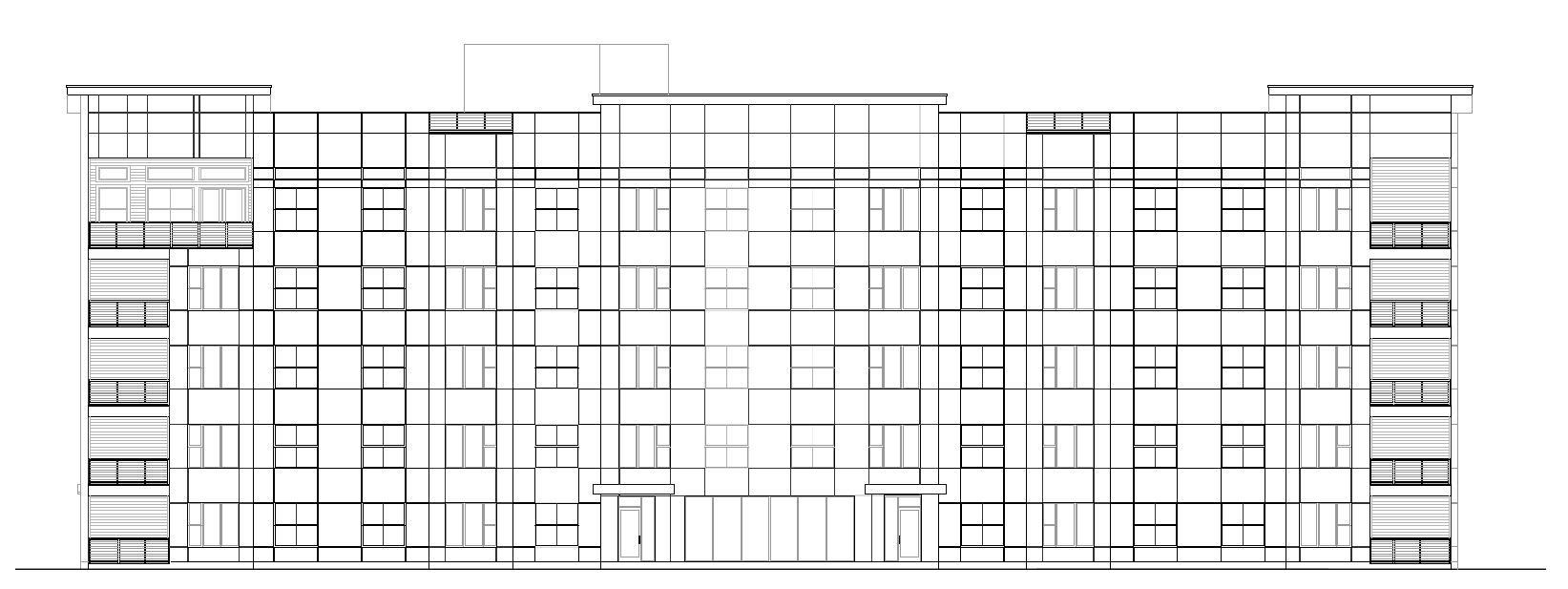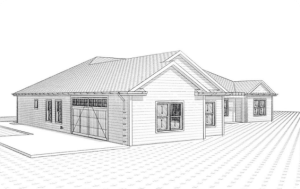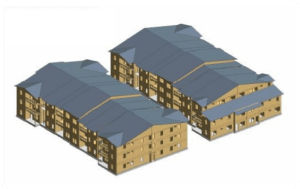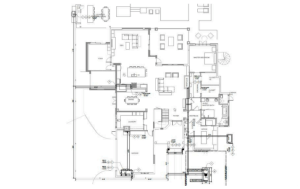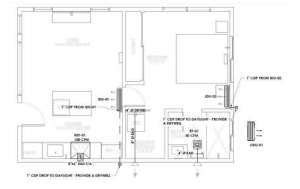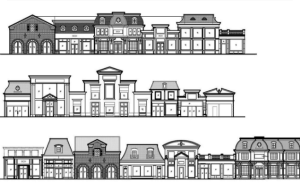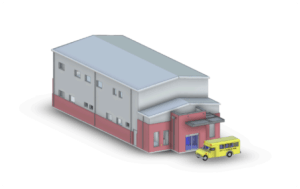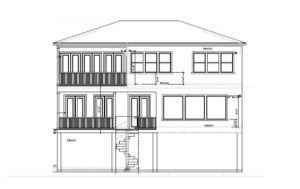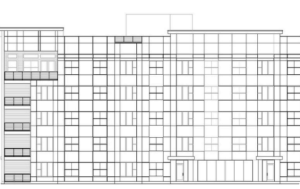Choosing the Right MEP Engineering Firm: Key Factors to Consider
MEP — Mechanical, Electrical, and Plumbing — systems are the invisible backbone of every modern building. They deliver comfort, safety, and efficiency for occupants. They also directly impact a property’s long-term operating costs. Choosing the right partner for MEP engineering consulting is one of the most important decisions an owner, developer, or contractor can make.
The right firm ensures systems are designed to work seamlessly together, meet all code requirements, and support sustainability goals. In contrast, the wrong choice can result in costly redesigns, inefficient systems, and increased maintenance.
Understanding the Role of MEP Engineering
MEP design engineering integrates three core disciplines:
- Mechanical engineering focuses on heating, ventilation, and air conditioning (HVAC), ensuring spaces remain comfortable while optimizing energy use.
- Electrical engineering covers power distribution, lighting, fire alarm systems, data infrastructure, and renewable energy integration.
- Plumbing engineering ensures safe water supply, effective drainage, and efficient waste disposal systems.
These disciplines must be coordinated from the start. MEP engineers work alongside architects and structural engineers to avoid design clashes and ensure efficiency. Their work affects every phase of a project, from concept to commissioning.
Why MEP Engineering Consulting Matters
A building’s mechanical, electrical, and plumbing systems can account for 30–50% of total construction costs. They also influence occupant comfort, energy consumption, and long-term maintenance expenses. Choosing the right MEP engineering design services provider helps maximize return on investment.
Good MEP engineers don’t just design systems — they integrate them into the building as a whole. They anticipate operational challenges, select efficient equipment, and ensure compliance with safety and environmental standards.
Key Factors When Choosing an MEP Engineering Firm
1. Relevant Experience
Seek firms that have completed projects similar to yours in size, complexity, and purpose. A company that has worked on high-rise office buildings may not be the best fit for a specialized industrial plant. Review their portfolio and ask for project references.
2. Technical Expertise
The right firm offers expertise in modern MEP design engineering tools and practices. This includes Building Information Modeling (BIM), energy modeling, computational fluid dynamics (CFD), and lighting simulations. They should also be familiar with LEED, WELL, and other green building standards.
3. Collaborative Approach
MEP engineering is not an isolated activity. Systems must coordinate with structural, architectural, and interior elements. Look for a firm that participates in design coordination meetings, shares models with other consultants, and resolves conflicts proactively.
4. Innovation and Sustainability
Energy efficiency, water conservation, and indoor air quality are increasingly important. Ask potential partners how they have implemented innovative solutions — such as demand-controlled ventilation, solar integration, or greywater recycling — in past projects.
5. Understanding of Local Codes and Standards
Local code compliance is essential to avoid delays and redesigns. A strong firm understands regional building codes, energy efficiency mandates, and environmental regulations. They stay ahead of code updates and help clients navigate approval processes.
6. Use of Technology
Advanced tools like BIM, clash detection software, and digital twins improve accuracy and coordination. These technologies also support better facility management after construction is complete.
7. Post-Construction Support
Reliable firms stay engaged after project completion. They offer commissioning, performance verification, and operational training to ensure systems function as designed.
Additional Considerations
Size and Resources of the Firm
Large firms may have greater resources, but smaller firms often provide more personalized service. Consider your project’s complexity when choosing.
Financial Stability
Financially sound firms are more likely to deliver on time and remain available for long-term support.
Quality Assurance Processes
Ask about internal review processes. Peer reviews, checklists, and QA/QC procedures help maintain high standards.
Safety Record
A strong safety culture often reflects overall professionalism and attention to detail.
Benefits of Partnering with the Right Firm
A capable MEP partner can:
- Reduce total construction costs through optimized system design
- Improve building energy performance
- Enhance occupant comfort and safety
- Minimize maintenance needs
- Support sustainability goals and certifications
These benefits translate into lower operational costs and higher asset value.
Case Examples of Effective MEP Partnerships
Commercial Office Tower
A developer hired an experienced MEP engineering consulting firm to design systems for a 40-story office tower. Early coordination with the architect ensured optimal placement of mechanical rooms and minimized ductwork conflicts. Energy modeling helped secure LEED Gold certification.
Industrial Manufacturing Facility
A manufacturing plant required precise temperature and humidity control. The chosen MEP firm specialized in process cooling systems and integrated them seamlessly with the plant’s operations, resulting in reduced downtime and energy savings.
Mixed-Use Development
For a project combining residential, retail, and hospitality, the MEP team designed shared energy systems that reduced utility costs for all tenants while maintaining comfort and reliability.
Sustainability and the Future of MEP Engineering
Sustainability is no longer optional. MEP engineers are leading the way in designing net-zero and low-carbon buildings. Trends include:
- Widespread adoption of heat recovery systems
- Integration of renewable energy sources like solar and wind
- Smart building systems with AI-driven optimization
- Water reuse and conservation systems
- Electrification of mechanical systems to reduce fossil fuel use
Questions to Ask Before Hiring
- Can you provide examples of projects similar to ours?
- How do you handle coordination with other disciplines?
- What sustainability strategies do you recommend for our project?
- How do you ensure compliance with local codes?
- What is your process for commissioning and post-occupancy support?
Conclusion
Choosing the right MEP design engineering partner is essential to delivering a safe, efficient, and sustainable building. The best firms blend technical skill, experience, and collaboration to deliver exceptional MEP engineering design services. They understand your goals, anticipate challenges, and provide solutions that stand the test of time.
For expert support on your next project, visit GDI Engineering’s MEP Services to learn more.
